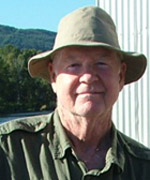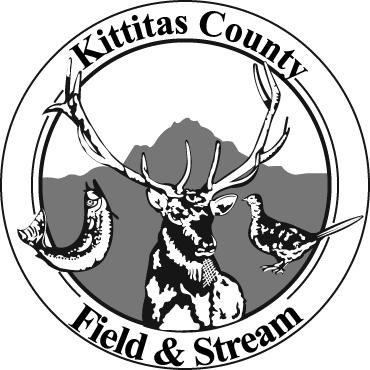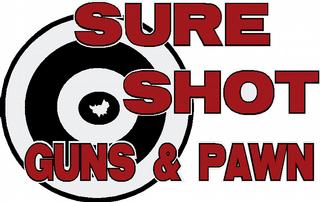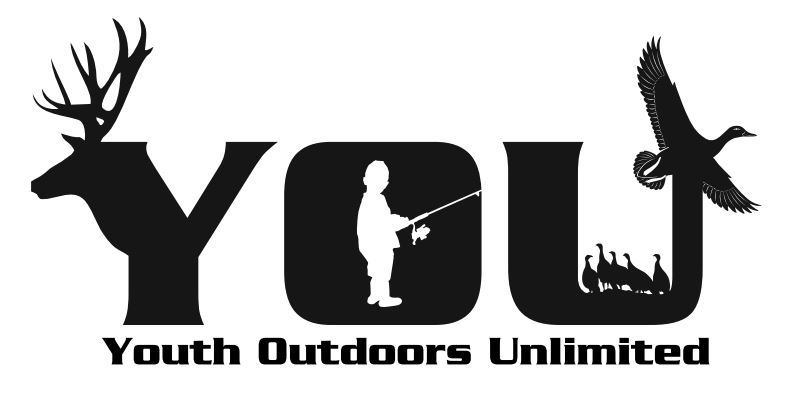You, Your Family and Amateur (HAM) Radio
It was another off-Reecer Creek meeting of the Reecer Creek Rod, Gun, Working Dog & Outdoor Think Tank Benevolent Association – this one in partnership with the regular meeting of the Rodeo City Radio Club and members of the Upper Kittitas County Radio Club. The agenda item around which most discussion and planning revolved was the demand for more trained amateur radio operators (HAMs) in light of increasingly urgent preparation for emergencies across Washington and much of the rest of the country.
Emergencies for which law enforcement, communities, agencies and citizens are preparing include fires, floods, severe storms and weather extremes, earthquakes and “The Big One” (that massive earthquake which lies ahead of us at some unknown moment in the Pacific Northwest).
Amateur radio operators have long been key to successful communication during such events. In recent years in our part of the world, HAMs provided critical communication around the power and communication overloads and losses following the Oso disaster, during wind storms and massive wild fires, search and rescue operations and local issues.
A number of law enforcement agencies across the country count on amateur radio operators to fill in communication gaps during emergencies and hold regular drills or exercises to train and maintain readiness. Indeed, in many rural areas of America, HAM radio folks ARE the emergency communication network. Here in Paradise, several mock disaster exercises have included amateur radio operators at key locations around the valley. You may recall that mock “mustard gas disaster” at the Fairgrounds a few years back, when more than 400 people from across the state polished skills and successfully responded. That was arguably the biggest mock disaster exercise in Eastern Washington history, and 18 HAMs were in the middle of it all. Over the past year, several regional emergency communication trainings/exercises have been held in eastern Washington. More are coming – next is 19 Jan. – to expand the response network and sharpen communication with Emergency Operation Centers on both sides of the Cascades.
As emergency trainings and preparations increase, HAM clubs across the state and elsewhere have various activities for members and families to remember the sheer pleasure of “playing radio.” Field days and providing communication for community events and runs (such as the Cascade Crest 100-Mile Run, the Yakima Canyon Marathon and the Teanaway Country 100) keep radio skills and knowledge of FCC rules sharp as participants enjoy tracking racers and keeping them safe.
I have often suggested that the single most important thing a family might do to take care of itself – once enough emergency supplies were laid in to last at least two or three weeks – was to get trained, licensed and geared up for amateur radio, to become an active HAM family.
I often get the response: “HAM radio? That’s your idea for keeping a family safe? How does that work?”
There is no shortage of quiet examples related to flooding and fires right here in Paradise over the past decade. You might hear about them one-on-one from a family member or rancher who was cut off from communication but got what they needed because they or a neighbor had radio communication. How many search and rescue operations – or days temporarily misplaced in the backcountry – could have been prevented if every group or person planning an outback adventure carried a pocket-sized radio and the training/license to use it? A licensed HAM always has a backup plan when stuck most anywhere.
HAM radio is decentralized. Take your radio and equipment into your yard, to a shelter or onto dry ground, set up your antenna, plug it into your radio and find whoever you need. You may have a mobile setup in your car. In most any emergency, there will be other HAMs helping. After some pretty basic training, a licensing exam, and a little practice, you will be able to reach out to other licensed HAMs in your neighborhood and across the planet.
Anyone can get a license and a call sign and be able to work radio contacts. There are three levels of licensing: technician, general and extra. We have two radio clubs in the county with regular monthly meetings. Similar clubs will be found almost anywhere you might go, with coaches, classes and plenty of opportunities to play HAM radio.
Cost varies, but you can be into a decent handheld radio and antenna for around a hundred bucks. For bigger bucks, you can set up a home station and antenna tower. Check out gear at Amateur Electronic Supply (www.aesham.com) or the Ham Radio Outlet (www.hamradio.com). You will also find books and CDs for any level of license study. ARRL (www.arrl.org) has a wealth of info about classes, online sample tests, clubs and much more. Our local clubs will be offering a licensing class soon (info from Bob Davis at 509-674-3972). Practice/coaching sessions and several opportunies exist for you to polish “playing radio” skills.
Club breakfasts are first Saturdays, 8 a.m. at the Copper Kettle in Ellensburg. Whatever other town you may occupy has a nearby HAM club, just ask around. Then come a meeting and learn more.
Your family can be far better prepared for what lies ahead. It’s fun, too.







